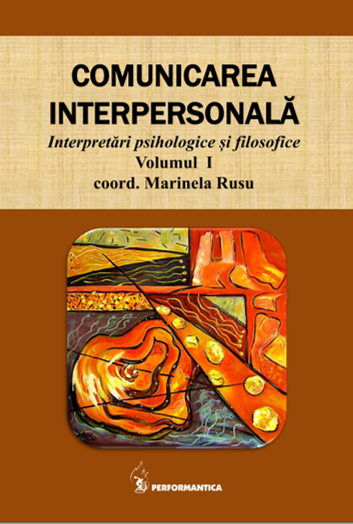RELAȚII DE GEN ȘI COMUNICARE INTERPERSONALĂ ÎN PERIOADA COMUNISTĂ
GENDER RELATIONS AND INTERPERSONAL COMMUNICATION DURING THE COMMUNIST PERIOD
Author(s): Alina Ilinca, Liviu-Marius Bejenaru
Subject(s): History, Social Sciences, Psychology, Communication studies, Sociology, Special Historiographies:, History of Communism
Published by: Biblioteca Ştiinţifică a Universităţii de Stat Alecu Russo
Keywords: interpersonal communication; gender relations; communism;
Summary/Abstract: Interpersonal communication is one of the indispensable conditions for the functioning and organization of society, as the individual is a social being and relates to the other insofar as he communicates with it. Gender relations play an important role in interpersonal communication. Gender relations means the sum of conceptions, elaborated socially and culturally, regarding the man/woman difference, the power and inequality that structure the reproduction of these differences in the institutionalized practices of society. The notion of gender varies from a historical point of view and is one of the ways in which states are imagined, constituted and legitimized, because gender instincts can be partially explained in political terms, thus there are male and female cultures, as well as a difficulty of communication between representatives of different cultures.
Book: Comunicarea interpersonală. Interpretări psihologice și filosofice. Volumul I
- Page Range: 96-107
- Page Count: 12
- Publication Year: 2021
- Language: Romanian
- Content File-PDF

